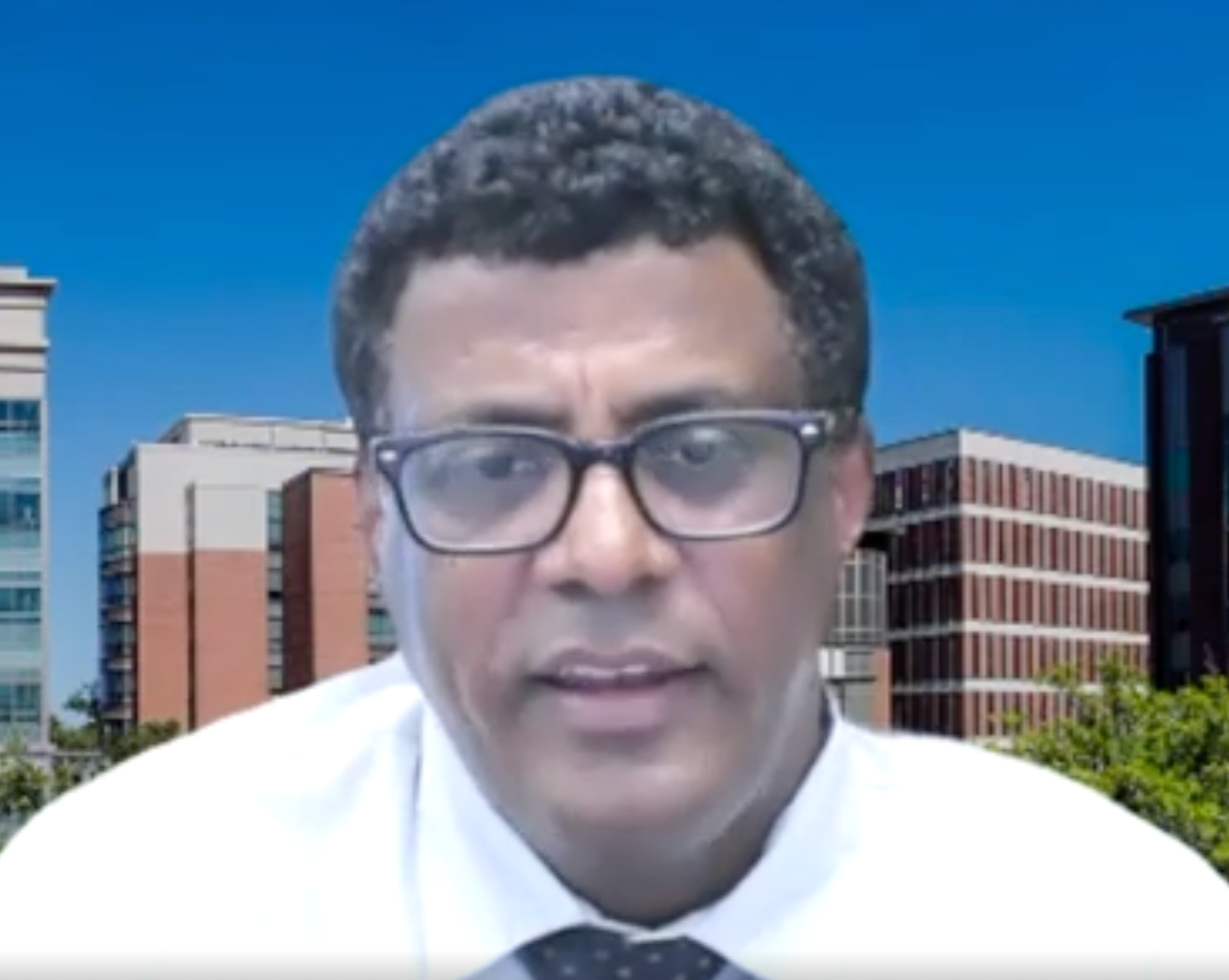Global Health Crisis Looms as U.S. Withdraws HIV Funding










2025-07-16T21:49:34Z

What happens when a nation turns its back on a global epidemic it once led the fight against? This unsettling scenario unfolds as the U.S. pulls back its funding for global HIV prevention programs through the President's Emergency Plan for AIDS Relief (PEPFAR), leaving health experts deeply worried about the ripple effects.
Among those raising the alarm is Mulugeta Gebregziabher, Ph.D., a public health professor at the Medical University of South Carolina and a federal employee at the Veterans Administration, who voiced his concerns at the IAS 2025 meeting in Kigali, Rwanda. Despite his government affiliations, Gebregziabher speaks independently, emphasizing the crucial role PEPFAR has played in addressing HIV worldwide.
Reflecting on the 2025 UNAIDS report, he highlighted that PEPFAR supported HIV testing for a staggering 84 million people and treatment for 20.6 million just in 2024. He stressed that the Trump administration’s decision to cut back on funding threatens to unravel decades of hard-won progress.
In the U.S., the HIV/AIDS situation remains dire, with approximately 1.2 million people living with the virus, 13% of whom are unaware of their status. This underscores the urgent need for testing and continued support.
HIV/AIDS disproportionately affects racial and ethnic minorities, gay and bisexual individuals, and men who have sex with men. Gebregziabher argues that the U.S. should remain a beacon of leadership in global health initiatives, especially as it distances itself from international bodies like the CDC, USAID, and WHO.
While concerned, Gebregziabher remains optimistic. He believes in the power of prevention tools like PrEP and trusts that the global health community will unite to sustain momentum towards ambitious targets like the 95-95-95 goals: diagnosing 95% of people with HIV, ensuring treatment for 95% of those diagnosed, and achieving viral suppression in 95% of those treated.
Without unwavering U.S. leadership and funding, however, the progress in both domestic and global HIV efforts could stall significantly, jeopardizing the strides made so far.
 Mei-Ling Chen
Mei-Ling Chen
Source of the news: Managed Healthcare Executive